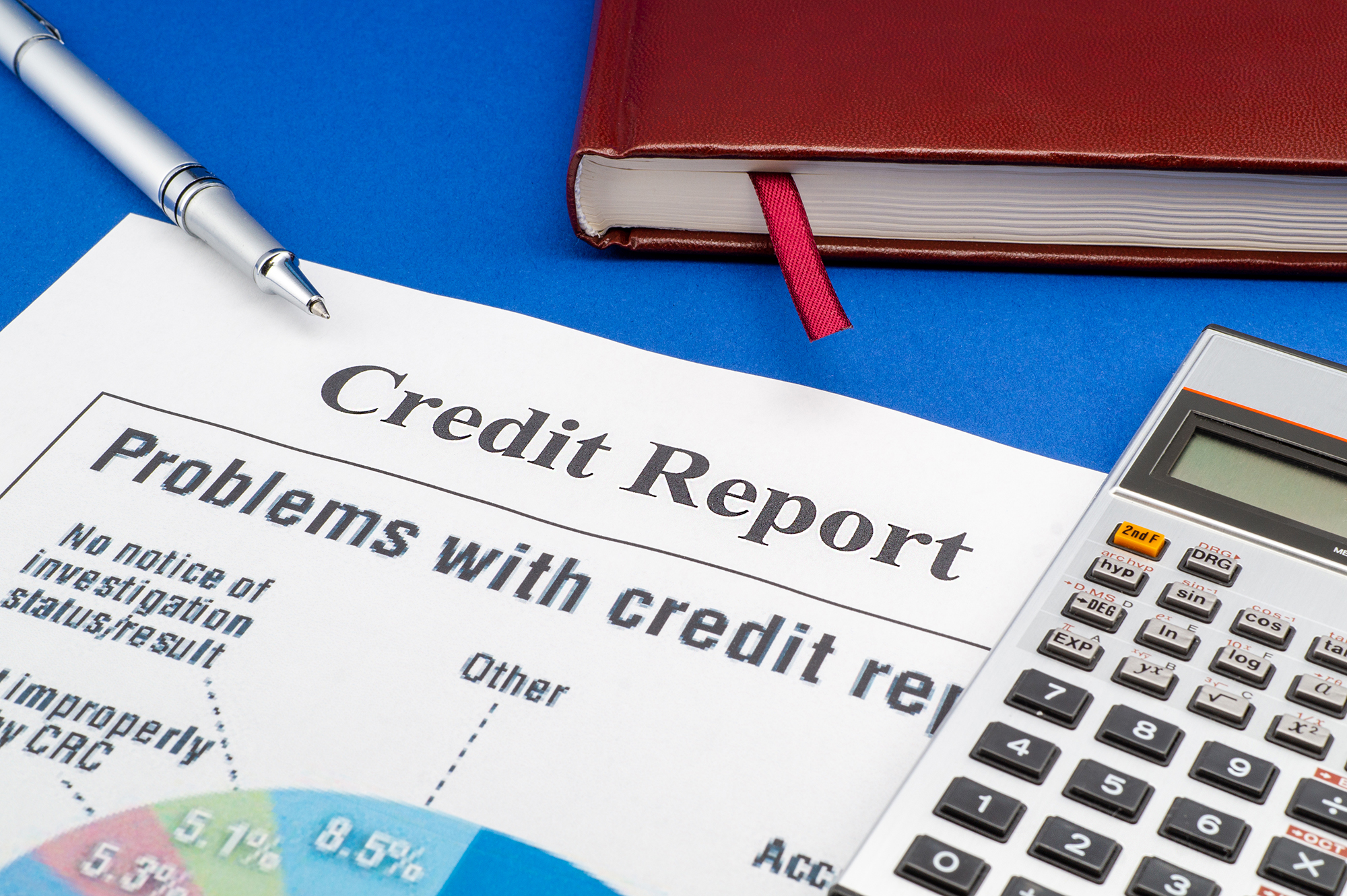
Credit Score
Your credit score is a significant factor in determining your eligibility. A high credit score may not only improve your chances of approval but also potentially secure a lower interest rate for you. Generally, a score of 680 or higher is recommended when applying for a second mortgage.
Loan-to-Value Ratio (LTV)
The loan-to-value ratio represents the amount you want to borrow relative to the value of your home. Most lenders will allow you to borrow up to 80-85% of your home’s value, minus any existing mortgage balance. The lower the LTV, the less risk you pose to lenders.
Income and Employment
Stable income and employment are also key criteria. Lenders will assess your debt-to-income ratio, which represents your monthly debts divided by your monthly income. A lower ratio is more favorable as it indicates you are not overloaded with debt.
Property Value
The market value of your property plays a crucial role in determining how much you can borrow. An appraisal will usually be required to establish the current value of your home.
Interest Rates and Terms
It’s worth noting that the terms you’re offered, including the interest rate, may vary depending on these and other factors. Be prepared to negotiate and, if possible, compare offers from different lenders.
Summary
Qualifying for a second mortgage involves multiple variables, from your credit score and loan-to-value ratio to your income and the value of your property. Knowing what lenders look for can help you prepare and increase your chances of approval. Before applying, make sure you’re in a strong financial position to manage the additional debt responsibly.








